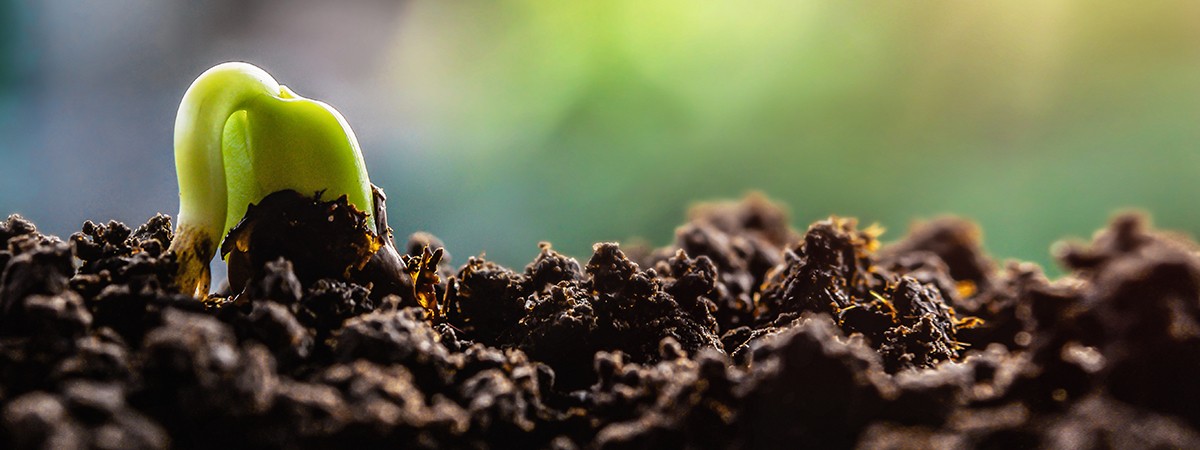Volatile and toxic
One group of substances plays a particularly significant role in soil pollution: volatile organic compounds (VOCs). They include, for example, most petroleum products. It is not uncommon for them to be present in the soil as inherited waste from the past.VOCs are harmful and some are even toxic. If they get into the groundwater, it is no longer suitable as drinking water. As volatile substances, they diffuse into the atmosphere near the ground and can pollute the air we breathe in the immediate vicinity. Polluted soils can neither be used for agriculture nor as building land and must be decontaminated.
Soil air and thermal vacuum
Decontamination can be performed on-site by means of soil vapor extraction. For this purpose, vertical shafts are created in the contaminated soil and perforated pipes are inserted. They are filled with gravel and the shafts are sealed both to the surface and to the underlying groundwater. By creating a vacuum, VOC vapors are extracted from the surrounding soil layers and directed to an air purification system. The effect of the process can also be further enhanced: Hot air is forced into the earth through additional pipes and shafts at high overpressure. The heat intensifies the evaporation of the VOCs, and a more vigorous flow of subsurface gases occurs from overpressure to vacuum.The thermal vacuum process can be used for particularly heavily contaminated soils. Here, the soil is removed and transported to a processing plant. The material is exposed to temperatures of up to 270 degrees Celsius and a vacuum of up to 10 mbar. The volatile substances are completely evaporated, then condensed and collected. The vacuum not only supports evaporation, but also ensures the safe discharge of pollutants. Various vacuum pump models from BUSCH can be used for both processes.
